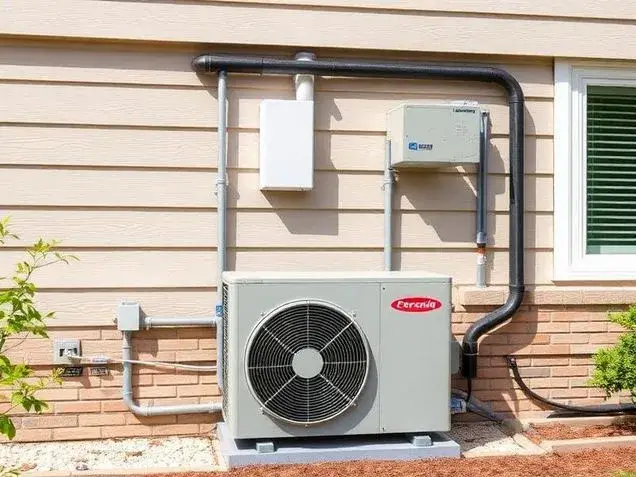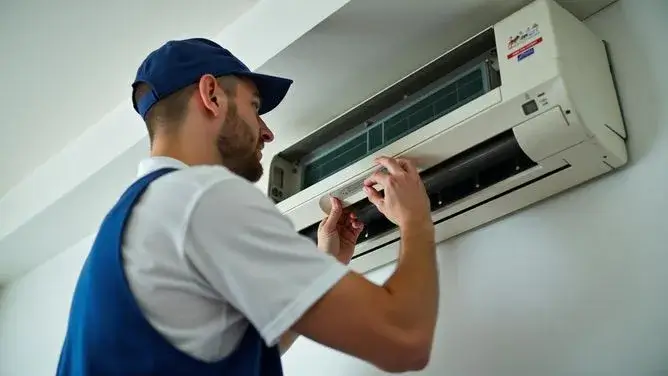Licensed & Insured
Prompt Service
Expert Technicians
Quality Work
Our HVAC Services
We provide high quality and reliable range of HVAC installations and services. Our customers are important to us and we pride ourselves in providing professional and cost-effective service.
HVAC Installation
Professional installation of heating and cooling systems for residential, commercial, and industrial properties.
Repair & Maintenance
Comprehensive repair and maintenance services to keep your HVAC system running efficiently year-round.
System Design
Custom HVAC system design and engineering services tailored to your specific needs and space requirements.
Testing & Certification
Thorough testing, inspection, and certification services to ensure your system meets all safety standards.
Complete HVAC Solutions
- ✓Design, Installation & Maintenance of HVAC Systems
- ✓Domestic, Commercial & Industrial Fit out Services
- ✓Testing & Inspection
- ✓Design Services & Certification
- ✓Heating & Air Conditioning Services
- ✓Gas Furnace Repair & Installation
- ✓Central Heating, Boiler Repair Services & Installation

Ready to Get Started?
We connect you with qualified HVAC professionals in your service area. If you're interested in new HVAC installation, repair, or maintenance services, give us a call.
Note: We handle service requests for new HVAC services within our service area. Customer service and billing inquiries are not handled through this line.
Frequently Asked Questions
Find answers to common questions about our plumbing services
